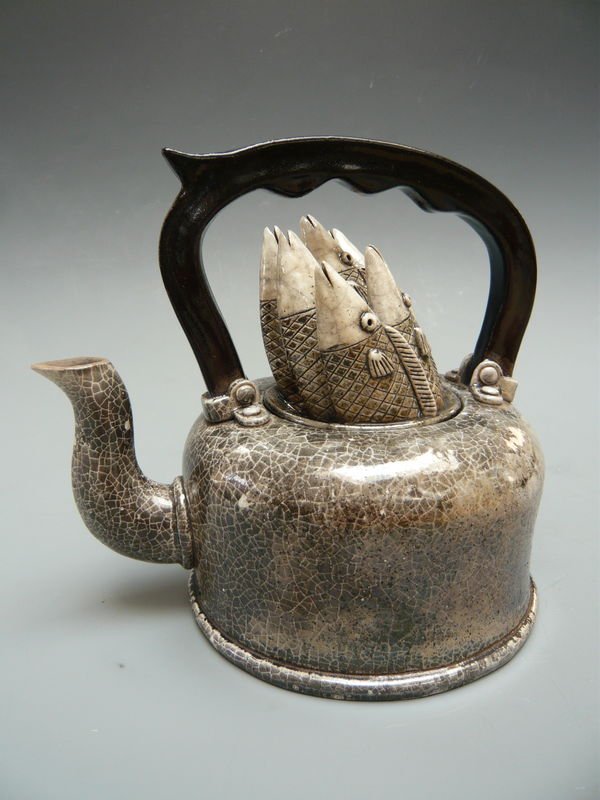Traduttore traditore, Part 2
How much of a traitor is a translator, as the title of this post suggests in Italian? This post was the starting point for me to write my own opinions regarding this matter.
How easy is it to translate cultural points?
It is relatively easy, as long as you know / are aware of the linguistic and semantic differences. For example, just as any and all teenagers, I had considerable thoughts regarding death and one’s mortality.
Now, in my language (Macedonian), the word for death (смрт), (the death – смртта) is actually a feminine noun, and it does not exactly follow the imagery of a dark, hooded figure carrying a scythe, but it is portrayed as less foreboding, matter-of-factly.
Another example would be words like ship, which, when named, become a she in English, but not in Macedonian, where it remains a masculine noun (брод, the ship = бродот).
Yet another example would be the word for moon (in English it can be either feminine, following the Romance tradition, or masculine, following the Germanic tradition ). In Macedonian, it’s a feminine noun (месечина, the moon – месечината). However, in the poetic style, the word for month (месец, the month – месецот) – a masculine noun – can be used to denote moon.
Of course, a skilled translator would have few issues differentiating between the usage of the examples above, but these are just selected examples for the sake of examples.
 Source
Source A wholly different kettle of fish would be phrases like, per se, kettle of fish. Still, I feel like I’ve been beating about the bush about this issue here. Now, the two phrases I’ve used here would probably not translate well, as I’d have to use something akin to ‘something completely different’ for the former, and ‘going around the issue’ for the latter.
It is precisely phrases like these that can, so to speak, betray the original text, as these can influence the meaning of the poem and the way they interrelate with the other vocabulary in the poem.
Since I wouldn’t have the image of the word ‘fish’ in my translation, in a hypothetical poem that has imagery regarding fish or other water-related imagery, I’d be immediately left without one of the many images that lead to better understanding of the poem.
There is a way to compensate for this, but then again the poet would have to once again ‘betray’ the poem, as the image of the fish would (have to) be inserted elsewhere so as to balance it out, more or less.
In short, your best bet of translating your own (or, for that matter) anyone else’s poetry, is a good grasp of the two languages, and a good, professional dictionary to boot.
If you’re a translator, let me know what you think!
Well... I am not a translator but I'll let you know what I think nonetheless. ;cP
I personally find your writing style when talking about academic matters (?) to be really enjoyable. I am one step less uninclined to study languages and you make Macedonian sound intriguing. :c)
Mind you I'm horrible at languages so not saying that I'll be doing that any time soon - but you tempted me for a moment there. :cP
Thank you for sharing!
Thanks for your thoughts, @pathforger!
Yes, this is indeed an academic - if not a practical topic to discuss - expecially when you're actually doing some translation work.
Macedonian is not that difficult to learn if you're good at grammar. :)
Again, thanks for tuning in, and expect part 3 tomorrow!